Natural Remedies to Prevent and Soothe Ulcerative Colitis Flares


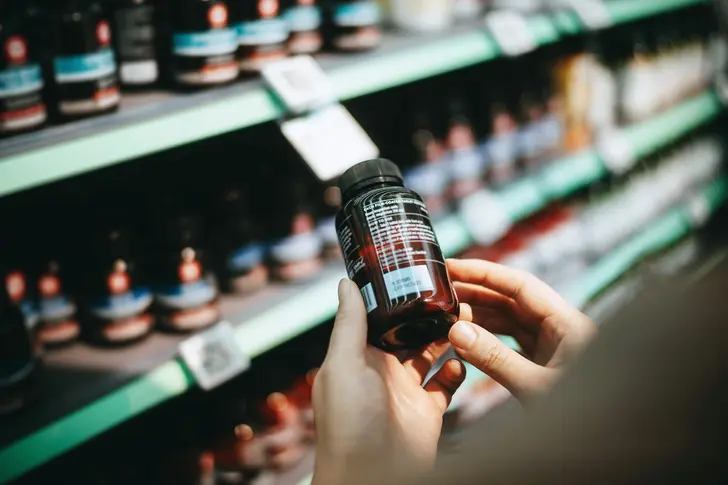
Probiotics
Found in supplements and fermented foods like yogurt and sauerkraut, probiotics are the good bacteria and yeasts that naturally live in your body. There's some evidence that taking one specific brand of the blend of probiotics called VSL #3 at the same time as your medications might help reduce disease activity. But more research is needed. Talk to your doctor before starting any probiotics.
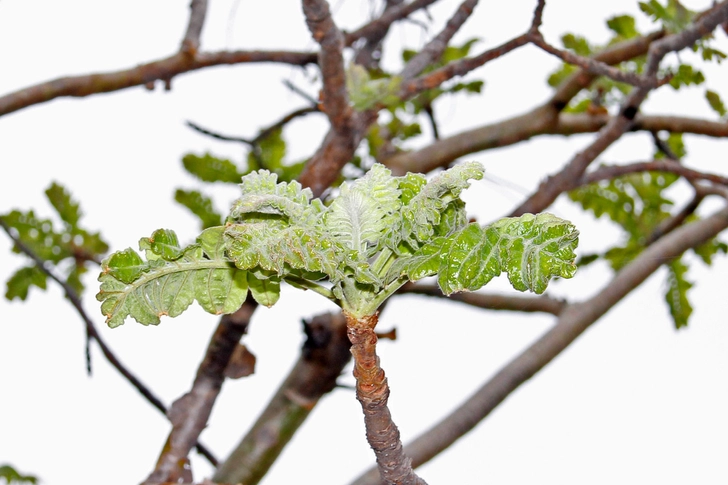
Boswellia serrata
This herbal anti-inflammatory is also called Indian frankincense. Boswellic acid, which comes from this herb, contains compounds that may help fight inflammation. Some small studies have been done that seem promising. But newer and larger studies are needed to see if it is safe and effective.
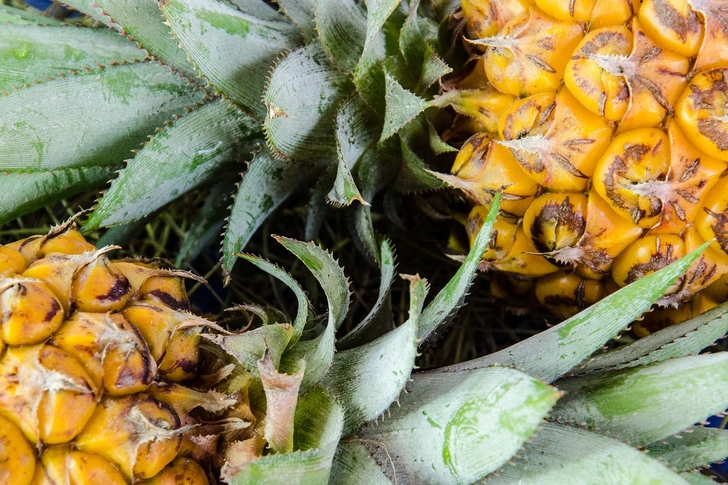
Bromelain
Bromelain is a group of enzymes found in pineapples. As a dietary supplement, it’s often promoted as a treatment for pain and digestive problems. When researchers applied bromelain to inflamed tissue samples taken from people with UC, it decreased production of the inflammatory substances that lead to UC symptoms.
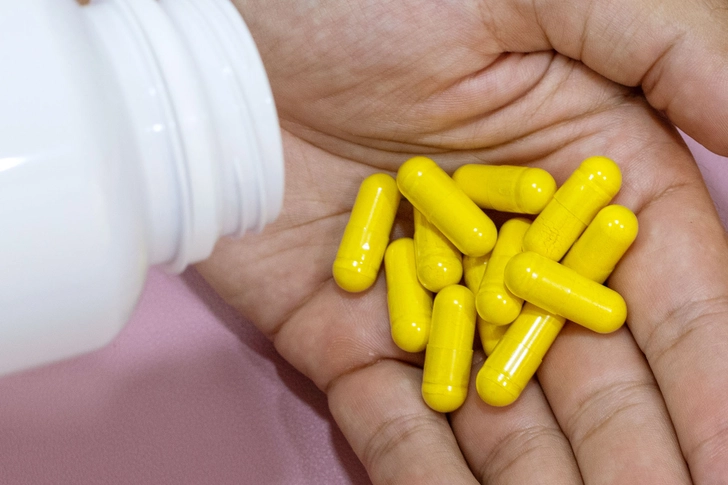
Berberine
Berberine is an herbal supplement that comes from the roots, stems, and bark of certain yellow plants. Animal studies suggest that it has several anti-inflammatory effects that may help prevent production of inflammatory substances in the colon, help balance gut bacteria, and regulate interactions between gut cells and immune cells, though it’s possible the supplement could act differently in humans.
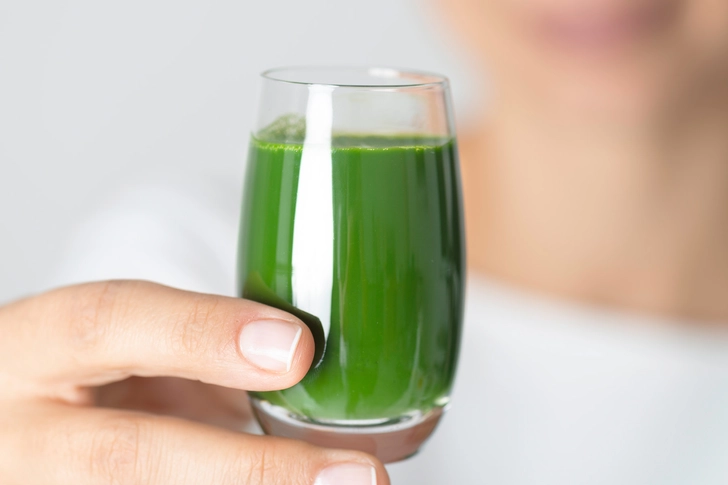
Wheat Grass
Wheat grass usually comes in the form of a bright green juice, but it comes from the freshly sprouted first leaves of a wheat plant. In a study of 30 people with ulcerative colitis, people who drank 100 milliliters (about 3 ounces) every day for a month saw improvements in overall disease activity and less rectal bleeding, but newer and larger studies need to be done to see if this holds true.
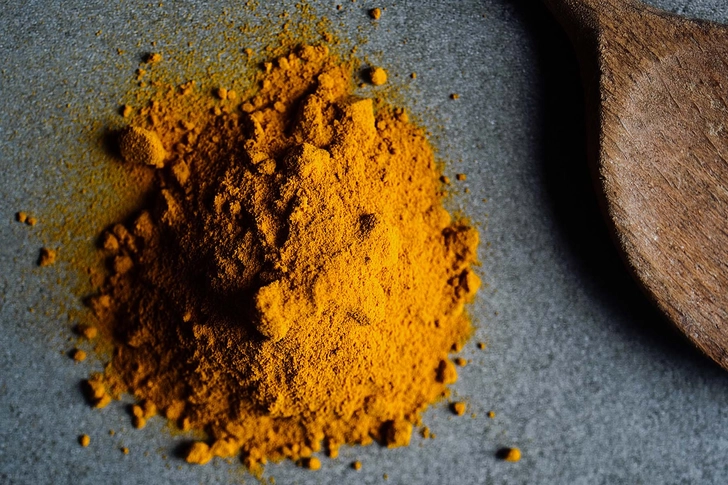
Curcumin
This plant-derived chemical gives the spice turmeric its bright yellow color. Naturopathic doctors often use it as an anti-inflammatory. In a study, people with ulcerative colitis took 1 gram of curcumin twice a day for 6 months in addition to their regular medication. Six months after they stopped the treatment, they were less likely to have relapsed than people who took their regular meds plus placebo.
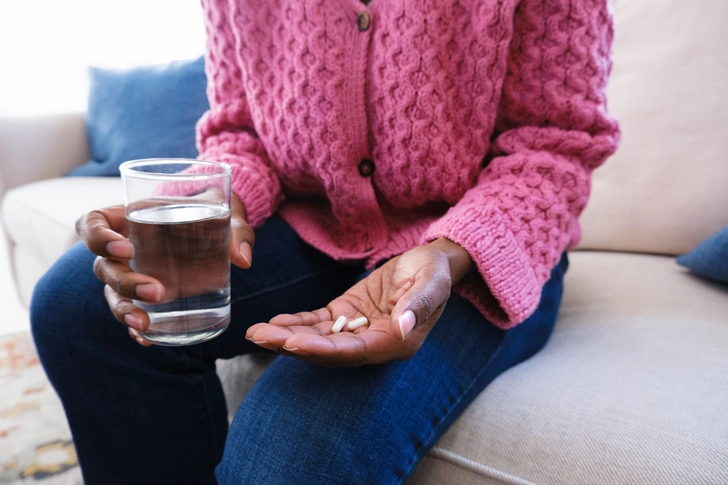
Butyric Acid
You can get this remedy in supplement form, but it’s naturally found in parmesan cheese, rancid butter and – yes – vomit. It’s an acid produced in the gut and the main source of energy for colon cells. But people with UC run low on it. One very small study suggests that taking oral butyric acid along with one of the standard oral treatments for UC may make it work better. More research is needed to see if this will hold true.
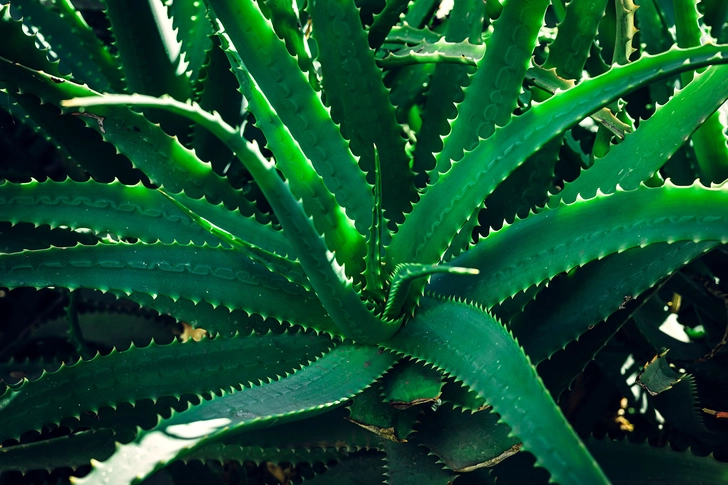
Aloe Vera Gel
A very small study suggested that aloe vera gel may help improve ulcerative colitis. But more research is needed before it can be recommended. And aloe juice (or aloe latex) can actually have a laxative effect and cause diarrhea, which may worsen ulcerative colitis symptoms.
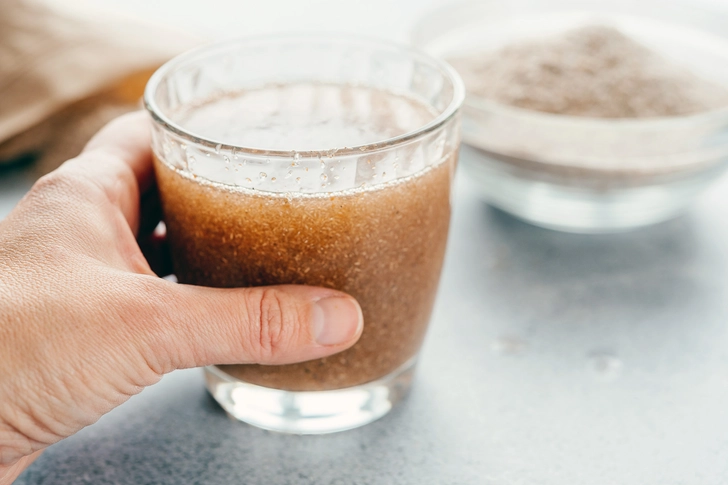
Psyllium Husk
This natural fiber from the seeds of a shrub-like herb found in India acts as a binding laxative. It pulls together the waste in your intestines to form solid stool, rather than loose, watery stool. One study found that this fiber was just as good as prescription medicine to keep people in remission. But too much of it can make your symptoms worse. Talk to your doctor about which type and how much fiber is right for you.

A Note About Supplements
Vitamins and herbal supplements are not regulated by the FDA like medicine is. But even though you can get them without a prescription, they still act like a drug inside your body. That means they can have risky interactions with other medicines you take. Or they may not be safe for someone with your health conditions. Always ask your doctor or a pharmacist before you try a new supplement.
IMAGES PROVIDED BY:
Moment / Getty Images
iStock / Getty Images Plus / Getty Images
iStock / Getty Images Plus / Getty Images
iStock / Getty Images Plus / Getty Images
iStock / Getty Images Plus / Getty Images
Moment / Getty Images
Moment / Getty Images
Moment / Getty Images
iStock / Getty Images Plus / Getty Images
DigitalVision / Getty Images
SOURCES:
Michigan Medicine: “Complementary and Alternative Therapies for IBD.”
American Journal of Gastroenterology: Treatment of Relapsing Mild-to-Moderate Ulcerative Colitis With the Probiotic VSL#3 as Adjunctive to a Standard Pharmaceutical Treatment: A Double-Blind, Randomized, Placebo-Controlled Study.”
The Saudi Journal of Gastroenterology: “Herbal Medicine in the Treatment of Ulcerative Colitis.”
Journal of Research in Medical Sciences: “Phytotherapies in inflammatory bowel disease.”
National Center for Complementary and Integrative Medicine: “Bromelain.”
Clinical Immunology: “Bromelain Treatment Decreases Secretion of Pro-Inflammatory Cytokines and Chemokines by Colon Biopsies In Vitro.”
Memorial Sloan Kettering Cancer Center: “Berberine.”
Evidence-Based Complementary and Alternative Medicine: “Exploring the Mechanism of Berberine Intervention in Ulcerative Colitis from the Perspective of Inflammation and Immunity Based on Systemic Pharmacology.”
Scandinavian Journal of Gastroenterology: “Wheat grass juice in the treatment of active distal ulcerative colitis: a randomized double-blind placebo-controlled trial.”
Digestive Diseases and Sciences: “Combined oral sodium butyrate and mesalazine treatment compared to oral mesalazine alone in ulcerative colitis: randomized, double-blind, placebo-controlled pilot study.”
Mount Sinai: “Psyllium.”